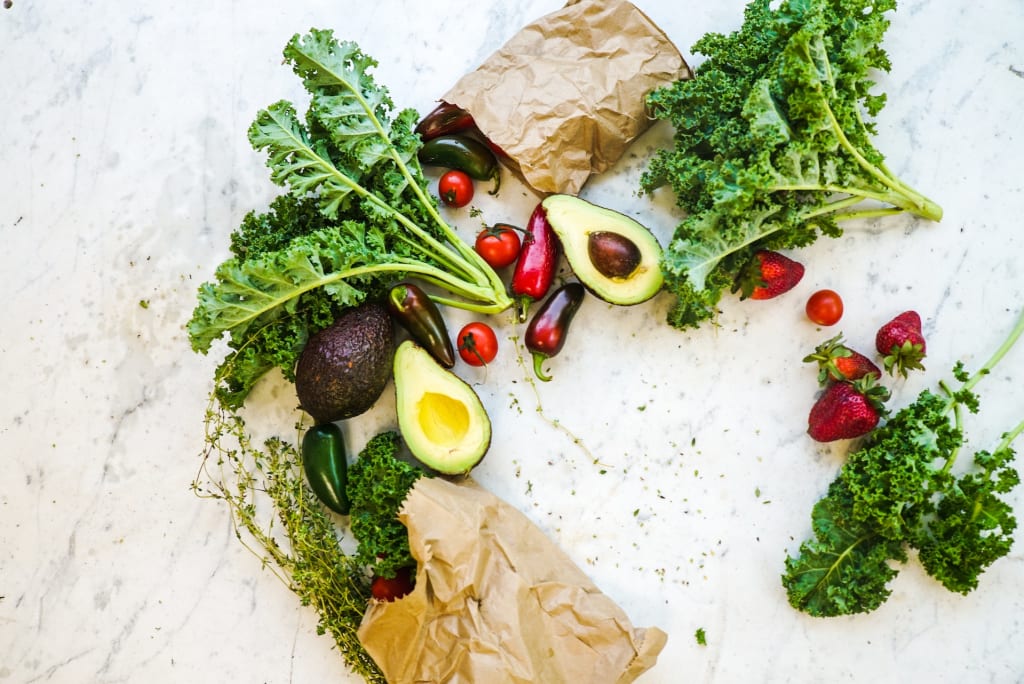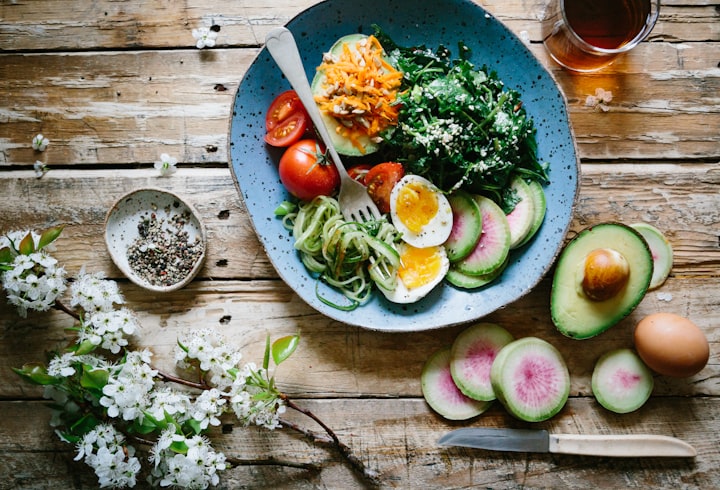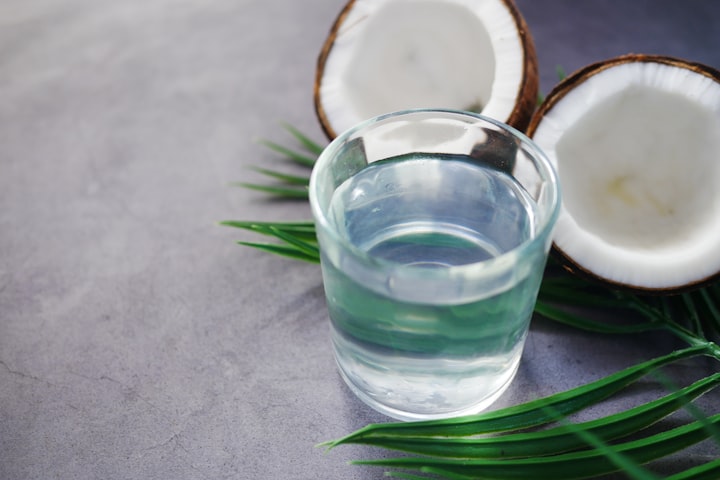Beginner’s guide to the paleo diet
Paleo for newbies...everything you need to know

Are you tired of the same old boring diets that leave you feeling hungry, guilty, and constantly worried about your health? If yes, then you should consider trying out the paleo diet. The paleolithic –- “paleo” for short -– diet (aka the caveman diet) focuses on eating foods that our ancient ancestors would have eaten during the Paleolithic era (aka Old Stone Age).
This diet has gained popularity in recent years due to its focus on whole, unprocessed foods and the potential health benefits it comes with. In this beginner’s guide, we’ll take a closer look at the paleo diet and provide some tips for getting started.
What is the paleo diet?
The paleo diet is based on the idea that our bodies are best adapted to the foods that were available to our ancient ancestors. This means that the diet primarily consists of foods that were available before the agricultural revolution, such as meat, fish, nuts, seeds, fruits, and vegetables. It excludes foods that are considered modern inventions, such as legumes, grains, dairy, and other processed foods.
What to eat on the paleo diet

The paleo diet emphasizes the consumption of whole and unprocessed foods that do not contain any additives or preservatives. So, here are the recommended foods to eat on the paleo diet.
- Meat and poultry: Beef, chicken, pork, turkey, lamb, and game meats such as rabbit, moose, bear, and deer, are all allowed (preferably grass-fed and organic).
- Fish and seafood: Wild-caught fish (salmon, anchovies, sardines, tuna, tilapia, etc) and seafood (shrimp, crab, lobster, clams, etc) are excellent sources of protein and omega-3 fatty acids.
- Eggs: Eggs are a great source of protein and healthy fats. Be sure to choose free-range or organic eggs whenever possible.
- Vegetables: Starchy vegetables such as yams and sweet potatoes, and non-starchy ones such as kale, broccoli, carrots, cucumber, and onions are all great choices.
- Fruits: Almost all fruits including berries, apples, bananas, citrus fruits, melons, etc are allowed.
- Nuts and seeds: These are great sources of healthy fats and protein. Almonds, cashews, and chia seeds are all good options.
- Herbs and spices: Keep your food interesting and flavorful with natural herbs and spices such as garlic, ginger, turmeric, chilies, basil, and cilantro.
- Healthy fats: Fats such as coconut oil, avocado oil, and olive oil are all allowed on the paleo diet. Avoid processed vegetable oils like canola oil and soybean oil.
What to drink on the paleo diet

- Water: Water should be the main beverage on the paleo diet. Aim for at least 8 glasses per day.
- Herbal tea: Herbal teas like chamomile, ginger, and peppermint are all great options.
- Coconut water: Coconut water is a natural source of electrolytes and is a great option for hydration.
- Bone broth: Bone broth is rich in nutrients and can be a great way to hydrate and get extra protein.
What to avoid on the paleo diet

- Grains: This includes wheat, rice, and oats. These foods were not available during the Paleolithic era and are not allowed on the Paleo diet.
- Dairy: Dairy products like milk, cheese, and yogurt are also not allowed.
- Legumes: This includes beans, lentils, and peanuts. These foods contain lectins, which can be difficult to digest.
- Processed foods: Foods that are high in sugar, salt, additives, and preservatives should be avoided on the paleo diet.
Pros and Cons of the paleo diet
The paleo diet has been associated with a number of potential health benefits. For example, it may help to:
- Promote weight loss: The paleo diet's focus on whole, nutrient-dense foods and avoidance of processed options helps with reducing caloric intake and weight loss.
- Improve blood sugar control: The paleo diet is low in refined carbohydrates and high in fiber, which helps to control blood sugar levels and reduce the risk of type 2 diabetes.
- Reduce inflammation: By including anti-inflammatory foods such as fruits, vegetables, and healthy fats, the paleo diet can help to reduce inflammation in the body.
The paleo diet is not a perfect, one size fits all diet. In addition to the potential benefits it comes with, there are also some downsides to take note of. Some of these are:
- Restricts food groups: The exclusion of foods such as grains, dairy, and legumes in the paleo diet can make it difficult to get enough nutrients and can lead to deficiencies if not carefully planned.
- Expensive: The paleo diet's emphasis on grass-fed meats, wild-caught fish, and organic produce can make it a costly choice, which may be difficult for people on a tight budget. However, there are definitely some ways to work around this.
- Difficult to maintain: The paleo diet can be difficult to maintain long-term, especially for those who are used to a more traditional Western diet. It requires careful meal planning and preparation, which can be time-consuming and challenging for some.
- May not be suitable for everyone: The paleo diet may not be suitable for everyone, especially those with certain medical conditions like kidney, liver, or heart disease. So, be sure to seek guidance from a medical professional or registered dietitian before making any dietary changes.

Conclusion
While it may not be suitable for everyone, the paleo diet’s potential health benefits make it worth considering if you’re looking to make positive changes to your diet. It's also important to weigh its pros and cons alongside your lifestyle goals before deciding if it's right for you.
If you need more help in making a decision, it'll be a good idea to speak with a healthcare provider or registered dietitian to ensure that your nutrient needs are met.
Read my previous article here:
About the Creator
Neve Blair
Neve Blair is a writer and adventurer who enjoys exploring the world and all that it has to offer. She loves learning about new cultures, trying different foods, and practicing healthy living habits.






Comments
There are no comments for this story
Be the first to respond and start the conversation.